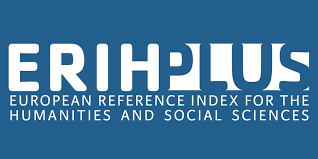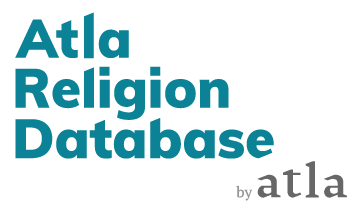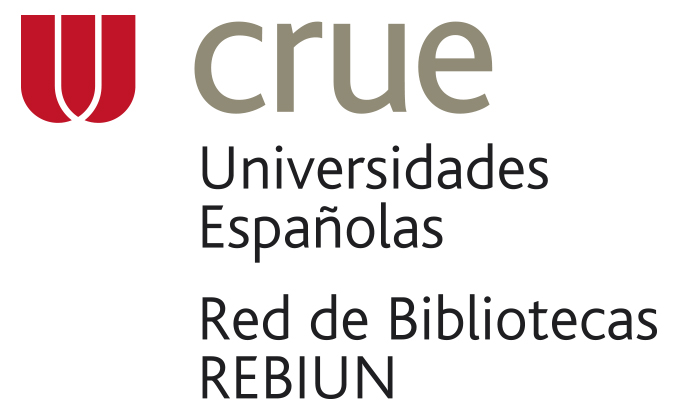The importance of the conception of the new political theology of Johann Baptist Metz and its implications in the Second Vatican Council and in “The document of Medellín”
DOI:
https://doi.org/10.21703/2735-6345.2021.23.02.003Keywords:
Suffering, Memory, Justice, Theodicy, MedellínAbstract
The sense of suff ering in its relationship with a culture of memory and a history of hope go through the eschatological vision of Christianity, which starts by founding an unlimited justice that reaches both the sufferings of the present and the past. The suffering and the passion in a Christian sense, presented in said eschatology, update the problem of theodicy in the Judeo-Christian doctrine, central to the discussions raised in the Second Vatican Council and taken up in the new pastoral conception of the church. The Document of Medellín is protagonist in the foundation and construction of this new church of universal and polycentric character. Theology in its special responsibility in front to the problem of theodicy, in these times of oblivion of God, must recognize and face the epistemological and praxical crisis affecting, this is, the problem of truth in its relationship with the problem of justice and the message about God. Crisis that updates the problem of the enlightened person, the exegete and the believer, and the problem of the Universal Church to respond from the challenges of the present to the mission entrusted to the Church from the Gospel of Jesus.
Downloads
References
CARRASQUILLA, F., “Palabras para recibir la Condecoración Gran Defensor de los Derechos Humanos Jesús María Valle, categoría Personas año 2010”, en: HAYET, M. -PAGOLA, J. A. ET AL., Volver a Jesús de Nazaret, Centro de Investigaciones Sociales, Medellín 2015, 123-129.
CONSEJO EPISCOPAL LATINOAMERICANO, II Conferencia General del Episcopado Latinoamericano y del Caribe. Documentos Finales de Medellín, en: https://www.celam.org/documentos/Documento_Conclusivo_ Medellin.pdf, marzo de 2021.
CONCILIO VATICANO II, Documentos del Concilio Vaticano II, en: http://www. vatican.va/archive/hist_councils/ii_vatican_council/index_po.htm, marzo de 2021.
GARAVITO VILLAREAL, D., Memoria en razón de las víctimas. J. B. Metz, un correctivo de la privatización teológica, Pontificia Universidad Javeriana, Bogotá 2009.
GARAVITO VILLAREAL, D.,, “Fe-razón en la sociedad postsecular. Ecos del debate: Habermas, Ratzinger y Metz”, Theologica Xaveriana 60/170 (2010), 417- 452.
HABERMAS, J., “Creer y saber”, en: HABERMAS, J., El futuro de la Naturaleza humana, Paidós, Barcelona 2002, 129- 146.
METZ, J. B., Dios y Tiempo. Nueva teología política, Trotta, Madrid 2002.
METZ, J. B., “Pobreza de Espíritu”, disponible en: http://www.seleccionesde teologia.net/selecciones/llib/vol4/14/014_metz.pdf,citado 5 de noviembre de 2020.
METZ, J. B., Por una cultura de la memoria, Anthropos, Barcelona 1999.
METZ, J. B., Memoria passionis una evocación provocadora en una sociedad pluralista. 2007, 12.
METZ, J. B., “I Hacia una Iglesia Universal, culturalmente policéntrica”, en: H. Jiménez, A. Ramirez, D. Kapkin, & L. V. Hernández (Ed.). Tras las primeras huellas de una nueva época en la historia de la Iglesia. Dos conferencias del Profesor Johann Baptist Metz, presentadas en Medellín, bajo el patrocinio del Instituto Cultural Colombo-Alemán y de la Universidad de Antioquia, Texto de las conferencias (Polocopiado), Medellín, 4-22.
METZ, J. B., “II La teología en la lucha de la historia y de la sociedad en: H. Jiménez, A. Ramirez, D. Kapkin, & L. V. Hernández (Ed.). Tras las primeras huellas de una nueva época en la historia de la Iglesia. Dos conferencias del Profesor Johann Baptist Metz, presentadas en Medellín, bajo el patrocinio del Instituto Cultural Colombo-Alemán y de la Universidad de Antioquia, Texto de las conferencias (Polocopiado), Medellín,1-22.
Downloads
Published
Issue
Section
License
Copyright (c) 2021 Anales de Teología

This work is licensed under a Creative Commons Attribution-NonCommercial 4.0 International License.
The Anales de Teología is an open access journal and does not charge for publication. In addition, it regulates its Copyright and access policy according to the Creative Commons Attribution-NonCommercial 4.0 International Public License (CC BY-NC 4.0), therefore sharing (reproducing and distributing the material in any medium or format) and adaptation (modifying, transforming, and creating from the material) is allowed as long as proper credit is given and the citation is included with the corresponding data. Moreover, it is not allowed to use the material for commercial purposes.




















